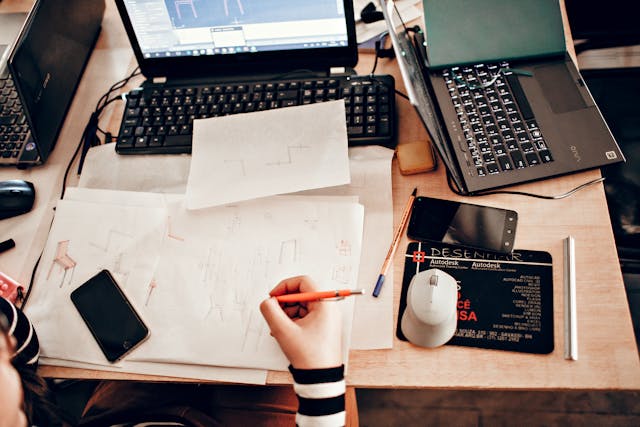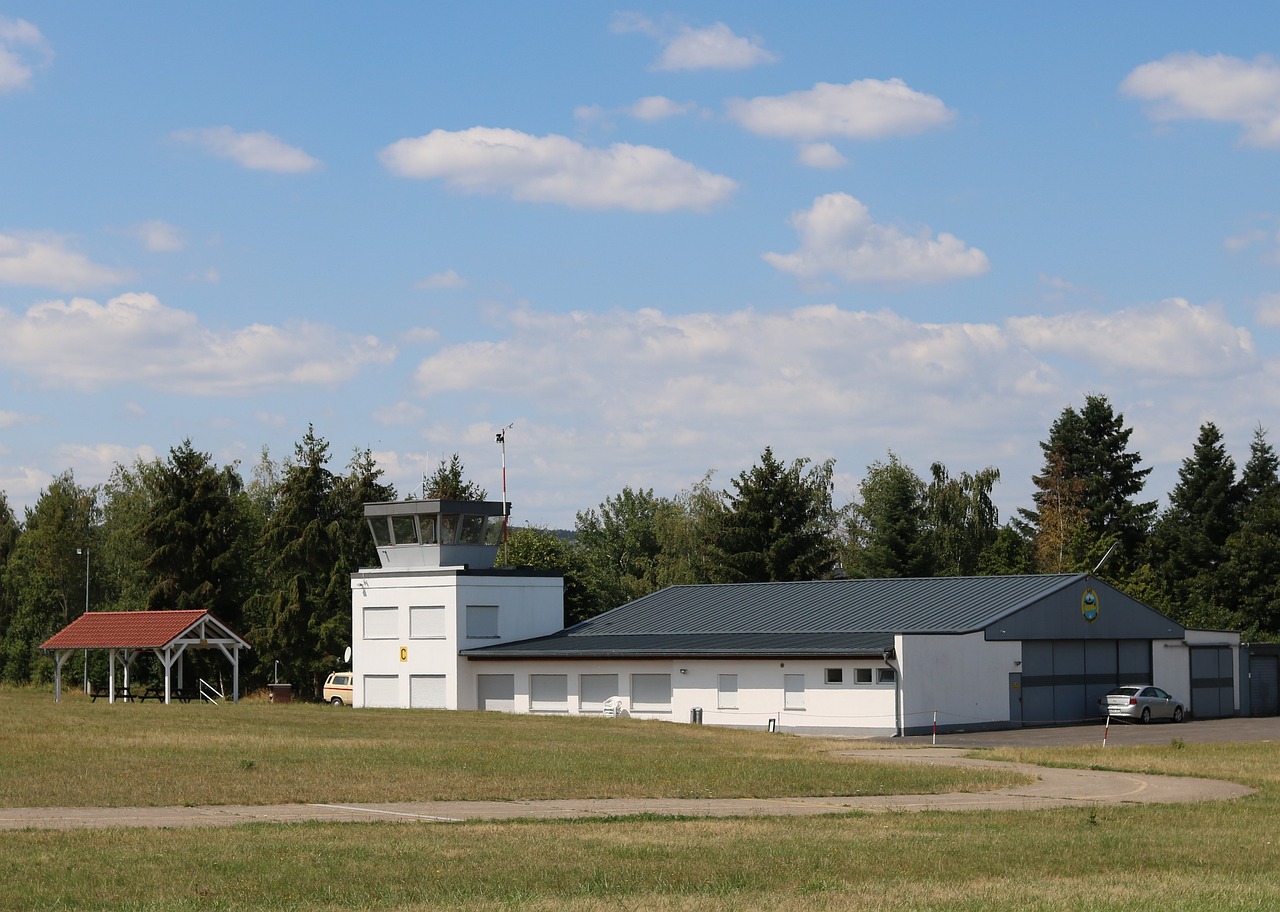Australian company ‘Lithium Australia’ has found the way to safely and sustainably dispose of alkaline batteries. This Revolutionary project helps in turning old batteries into fertilizer for crops.
According the study, in Australia up to 97% of alkaline batteries aren’t recycled. These batteries end-up in landfill. In landfill, toxic or corrosive materials present in these batteries become hazardous waste and pose threats to health and the environment.
Adrian Griffin, managing director at Lithium Australia, said, “Globally, the disposal of alkaline batteries has become a major problem. Our plan for repurposing the active components of the spent cells is not only a significant step towards worldwide environmental management of the issue but could also have a powerful influence on the sustainability of disposable batteries.”
‘Lithium Australia’ is putting in efforts to minimize the carbon footprint of the battery industry
The micro-nutrients present in alkaline batteries are turned into vital food for crops. The company’s recycling division ‘Envirostream Australia’ has been extracting manganese and zinc from used batteries.
Zinc helps plants to prepare chlorophyll. Chlorophyll allows plants to prepare their food and use sunlight to turn water and CO2 into energy.
These fertilizer supplements have shown promising results in potted wheat plants in lab.
Griffin said: “Sustainable and ethical supply of critical materials is a global challenge. Recycling all the metals within spent batteries is something that’s rarely done effectively, which is why it remains a target for the Company.”
“We have not limited ourselves to recycling only lithium-ion batteries but, rather, have included alkaline batteries in a bid to eliminate all such items from landfill.”
“We’re cognizant of the environmental implications of burying such ‘waste’ and encourage all consumers to join us in recycling every spent battery for the benefit of the environment now for the sake of the future.”







